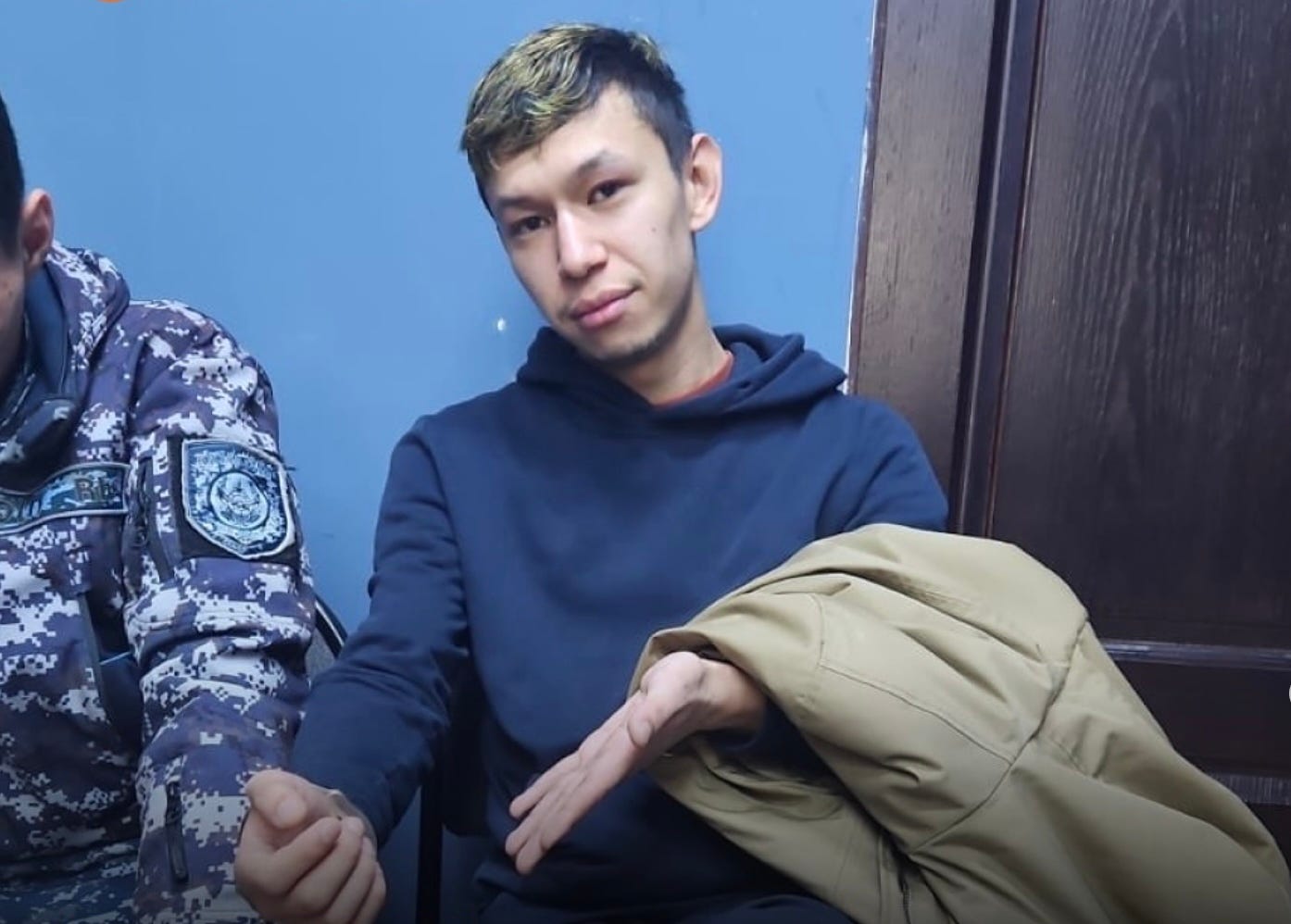Humour, the latest casualty in Kazakhstan's war on dissent
The satirist behind Kazakhstan's version of The Onion potentially facing years in prison. And public shows of support for Temirlan Yensebek are being strictly policed.
Poke fun of the authorities in Kazakhstan, and there is a fair chance you will fall foul of the law.
Stand on a street corner, loudly complaining about that fact, and you will almost certainly be detained.
Last week, police officers in Almaty descended on the home of Temirlan Yensebek, the creator of satirical Inst…
Keep reading with a 7-day free trial
Subscribe to Havli - A Central Asia Substack to keep reading this post and get 7 days of free access to the full post archives.





